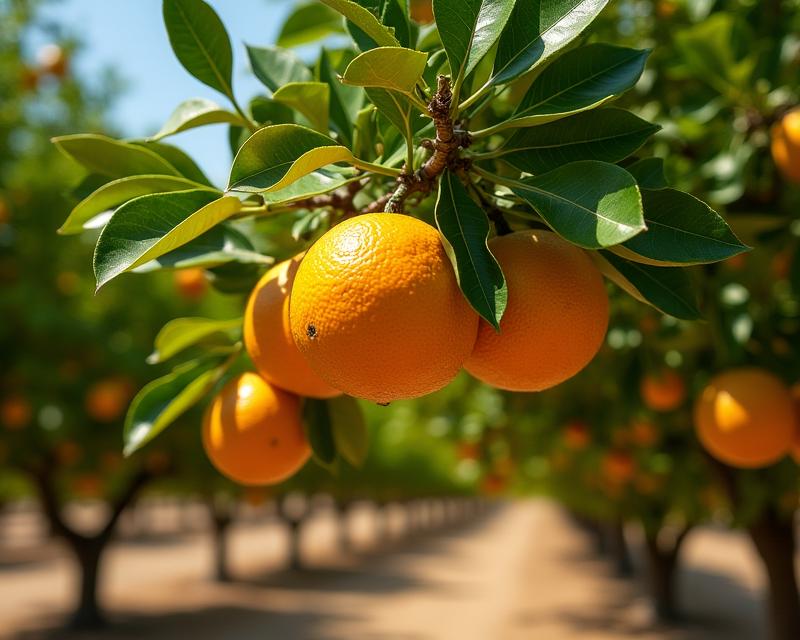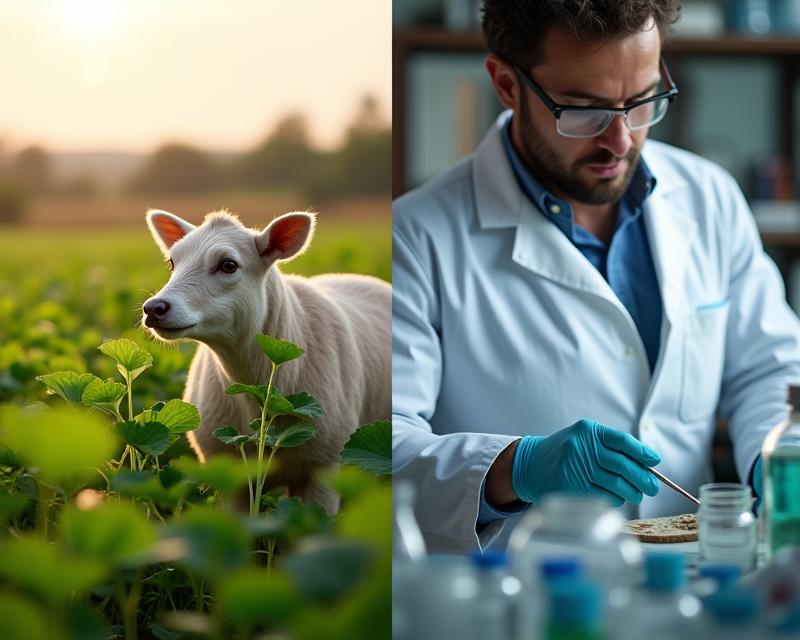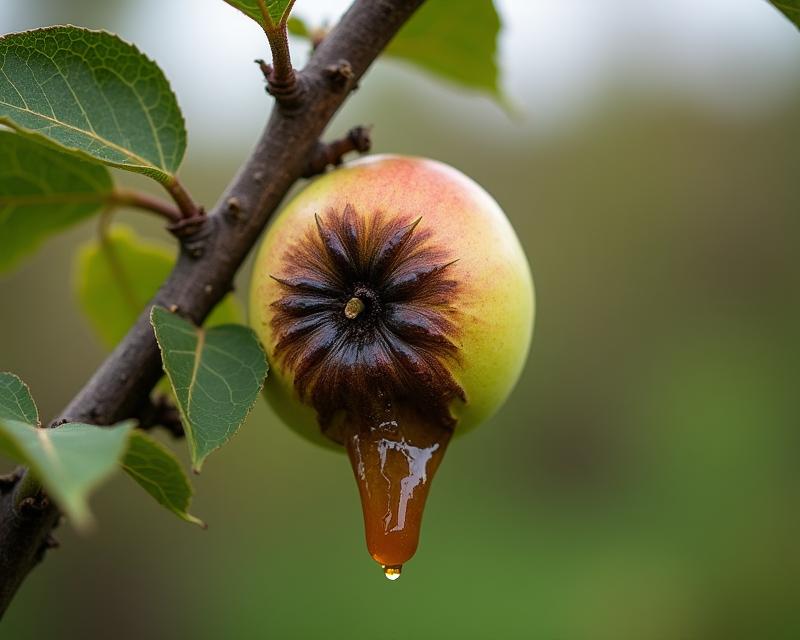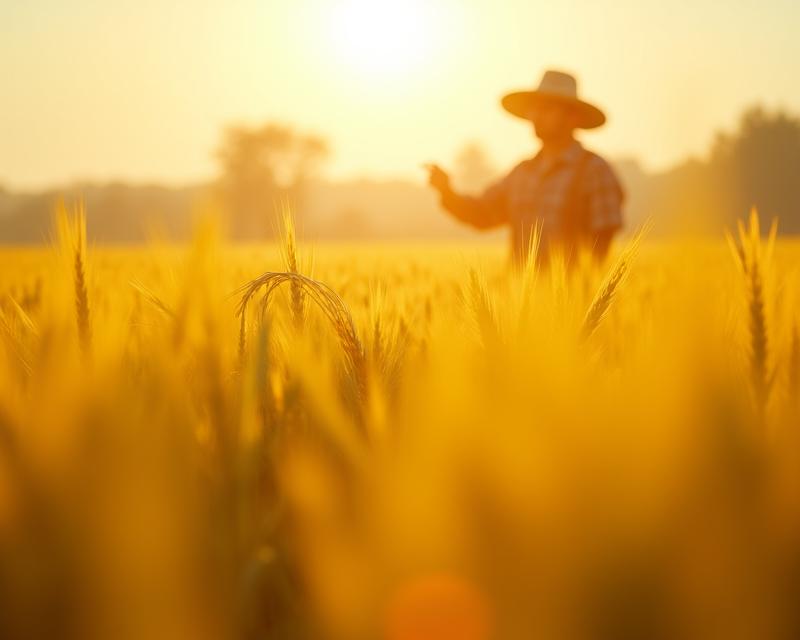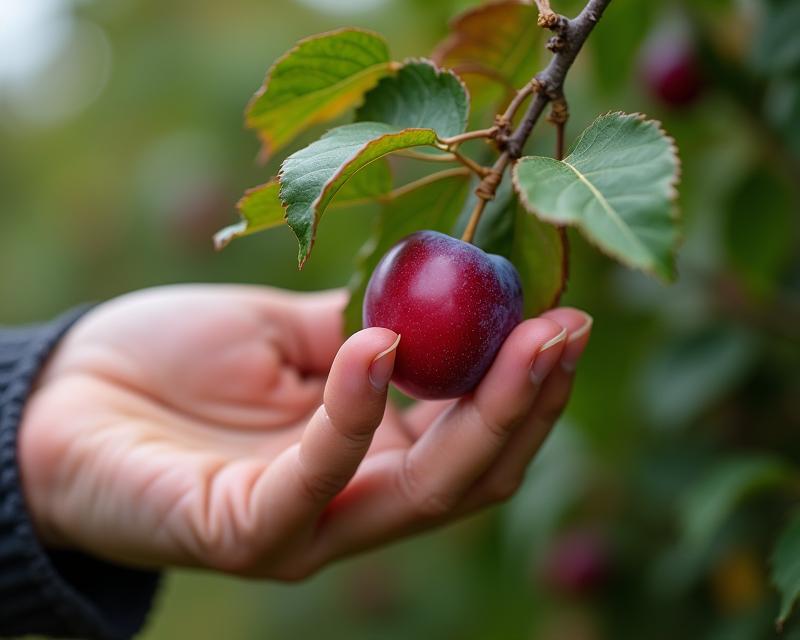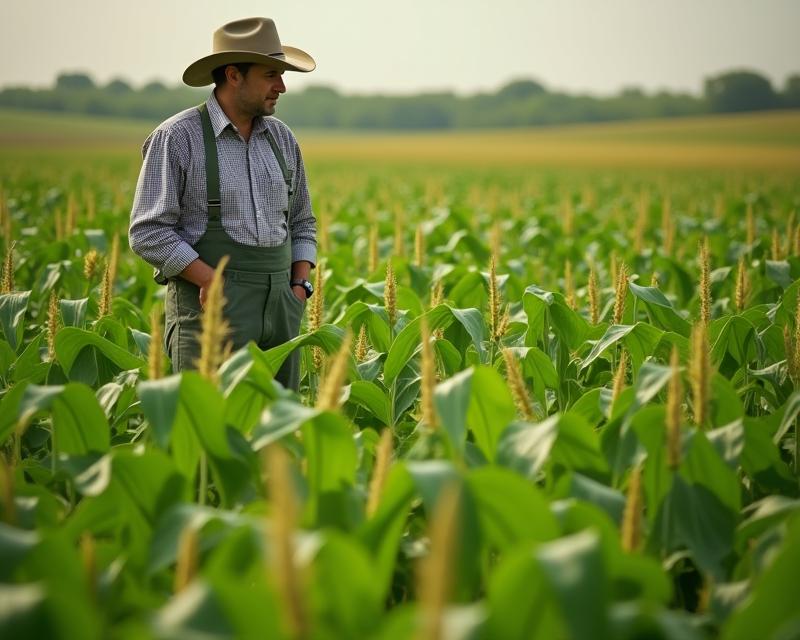Harvest Time: Knowing When to Pick!
Publish in Crops el 28/06/2025 22:21
Harvest Time: Knowing When to Pick!
One of the most rewarding parts of farming is the harvest! Seeing the fruits (and vegetables!) of your labor is a truly satisfying experience. But knowing *when* to harvest is crucial for maximizing quality, flavor, and yield. Harvesting too early can result in underdeveloped crops, while waiting too long can lead to spoilage and reduced market value. Here's a breakdown of key signs to look for to ensure you're picking at the optimal time.

Visual Cues: A Quick Check
Often, the most obvious indicators are visual. Pay close attention to the color of your crops. For example, tomatoes should be a deep, rich red (or the appropriate color for the variety). Corn silks should be brown and dry. Eggplant should be glossy and deep purple. Leafy greens should be at the desired size and not showing signs of wilting or yellowing. Don't rely solely on color, though; other factors play a significant role.
Touch and Feel: Assessing Ripeness
Beyond appearance, touch and feel provide valuable insights. Many fruits and vegetables will yield slightly to gentle pressure when ripe. A good test for peaches or plums is to gently squeeze near the stem – if it gives a little, it's ready. For melons, listen for a dull thud when tapped; a high-pitched sound indicates it's not ripe. Firmness is also key; avoid crops that are too hard or mushy.
Specific Crop Indicators
Different crops have unique harvest signals. Consider these examples:
- Pumpkins & Winter Squash: The stem should be dry and hard, easily snapping.
- Berries: They should easily detach from the plant with a gentle tug.
- Beans: Pods should be plump and firm, with beans inside that are well-developed.
- Root Vegetables: Check the size and shape of the root. If they're too small, they may need more time.
Tools & Resources
Don't hesitate to utilize resources like your local agricultural extension office or reputable online guides. They often provide detailed harvest calendars and specific advice for your region and the crops you're cultivating. Proper harvesting techniques are also important to prevent damage and ensure the longevity of your produce. Happy harvesting!
